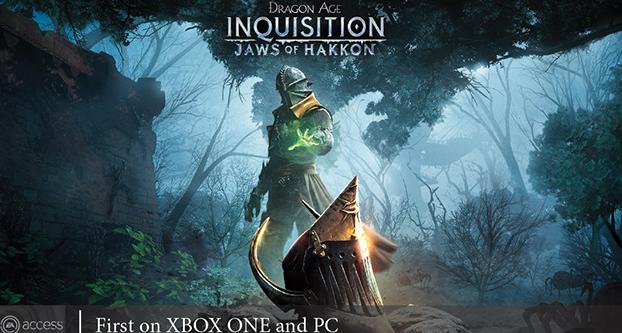When a new game or add-on game content is announced, it is a joyous day. You text your friends to see if they’ve heard the news already; you speculate on price if one wasn’t given; and you plan for getting time off on the release day.
However, an all-too-common trend has been for companies to sign exclusive deals with either Sony or Microsoft to release the downloadable content (DLC) on a specific system first.
DLC is an add-on to a game that comes out after the original game disc is released. The idea is that it adds an expansion to the original game release.
For example, Bioware’s “Mass Effect 2: Lair of the Shadow Broker” was an extensive mission added onto the original game that allowed you to partner up with one of the characters from the first “Mass Effect” game for a one-time, awesome adventure.
DLC generally costs money —sometimes it’s free.
What billion-dollar companies like Microsoft have been doing is paying game developers to allow DLC to come to its game console first.
On Monday, Bioware announced that it would release the first expansion pack for “Dragon Age: Inquisition” titled “Jaws of Hakkon.”
The problem is, Microsoft paid Bioware, or rather its parent company Electronic Arts, so that the DLC pack would land on Xbox One and PC first.
That’s become the nature of the business. Companies are paid to make their content time-delayed on competing platforms.
Good ol’ American capitalism.
Why is this bad? Well, the console maker, Microsoft in this case, uses timed DLC to pander to the wrong group of people.
The only segment that timed releases help is the group that doesn’t already have the game.
Microsoft doesn’t really care about the people that already have the game; they’ve already got their money.
They really want to entice people that haven’t already shelled out $60 for the original game. They get to say, “We have exclusive content!”
It’s one of the few ways that they can get their console owners new content and say that they don’t really care about them in the same breath.
If the content wasn’t exclusive, the people that buy the DLC were going to do so anyway. The fact that it’s exclusive means very little to them.
The people it does matter a great deal to are the ones that haven’t chosen which console to buy “Dragon Age: Inquisition” for, or in some cases, which console to buy all together.
Yes, Microsoft is just trying to make money, but the game developers shouldn’t take their bribes to put content on a specific console first.
They’re helping Microsoft say “f— you” to other fans of the game they’ve made, and in principle they shouldn’t.
Unfortunately, the business world doesn’t see it that way. We are just means to an end. And that end is money, money, money.
More than once, EA has been voted the worst company in America, beating out Bank of America, Ticketmaster and Comcast. Who can be worse for consumers than Comcast?
EA’s mission is clearly: “Step one: get the most money possible.”
The shocker is, step two most definitely isn’t to care about its fanbase. Steps two through 10 most likely have the word “money” in them as well.
So while EA deals with Microsoft in a backroom with suitcases full of cash, EA is proving its renowned loathing of its own customers.
Console-specific content is silly. You automatically alienate a large segment of your paying customers.
If a game is on both consoles, there should be no deals made to add content to only one console at a specific time.




